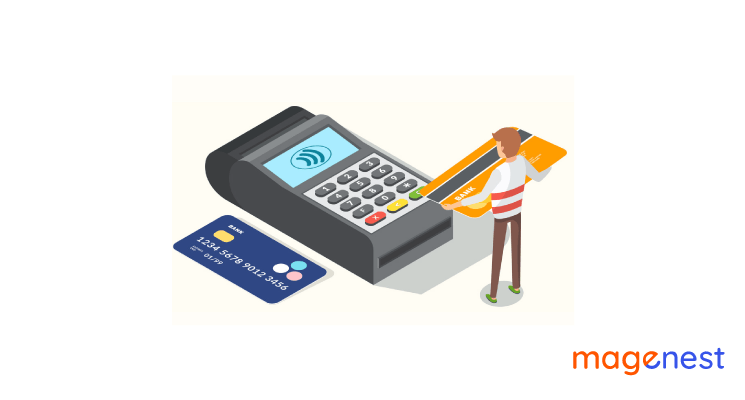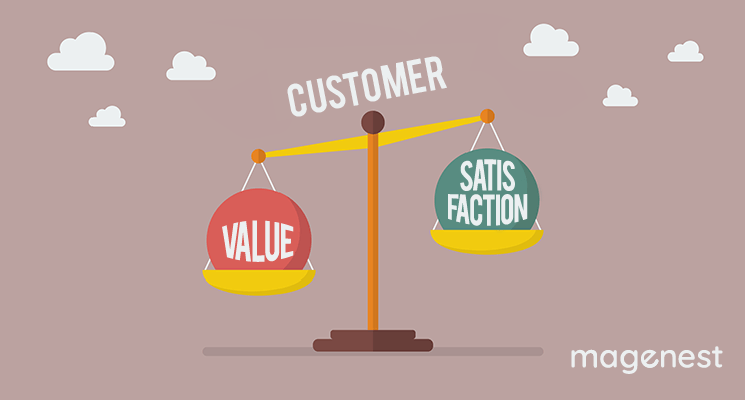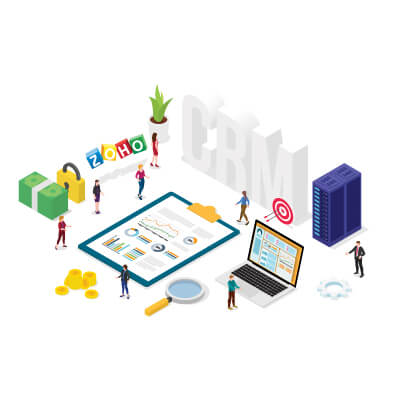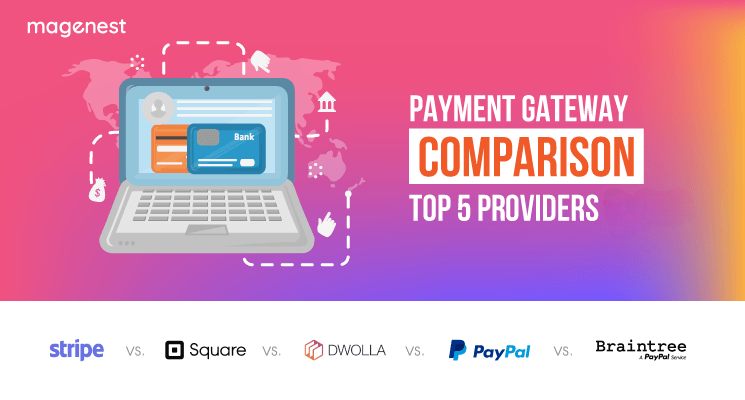Are you curious about how credit card processing works? Here are the things that you should know about this process. It is obvious that cash is no longer the most essential way of payment, merchants have invented other ways to make their buying process much simpler. Debit cards and credit cards are clear examples.
You are probably using more than one credit card now as they are certainly a really popular form of payment in the modern world. This payment method became more widespread than ever when more and more people are turning to online platforms to build businesses, thus we can certainly say eCommerce has contributed a lot to the flourishing of credit card usages.
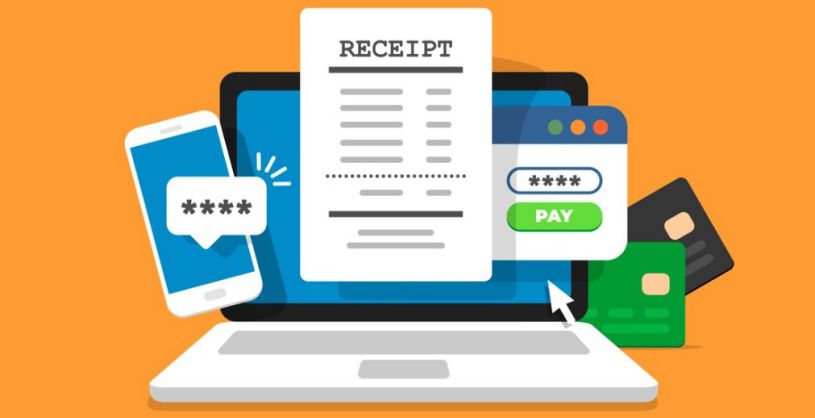
No doubt that credit cards enable us to boost the payment process quicker. However, not many people have a deep understanding of the benefit of using a credit card, thus ejecting the credit card processing. Let’s take a deeper look into it.
Read more: Top 10 best payment gateway for eCommerce business
What is credit card processing?
Credit card processing is simply a service to support businesses who are using credit card processors for their payment process. It will help you to ensure the checkout process of customers in a simple and quick way.
In case you are planning on using it, evaluating a credit card processor is greatly important. Because this is a complex service, which you have to involve in various parts, technologies, and network, etc. to ensure it runs smoothly. To choose a good one, as a merchant, you should look at your business objectives first, and then you can ask yourself or the sellers these 4 questions about the quality of payment processing.
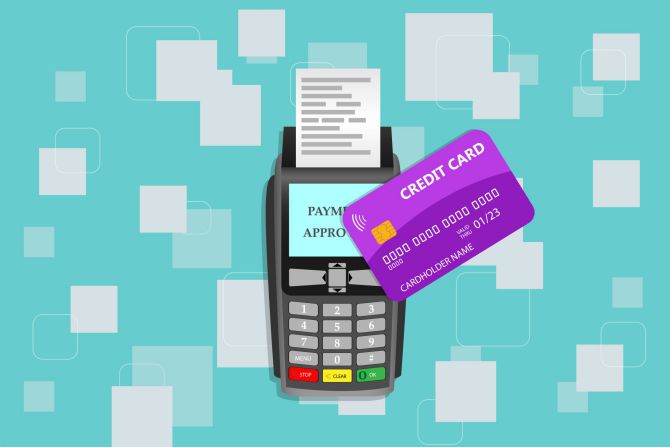
The speed of transactions that the machine can support
Every customer expects fast speed while making payments. As our customers suppose they are having less time and always in an urgent situation so they will turn to faster solutions. In fact, customers, and even you feel annoyed when there are some delays, so no doubt that you will expect a machine that can process a large number of transactions in the shortest period of time. Of course, it needs to be safe and accurate as well.
Strong uptime record for business purposes
This is a good way to reduce interruptions during credit card processing. The outrages of credit processing are rare, but knowing how credit card processing works will help you come up with more solutions to make your business stay operational whenever facing the negative situations of the network outage.
Structure with fair and transparent characteristic
Because the process will involve your money so transparency is really important. In fact, the rate is relevant to the way you qualify your transactions. Some quick services, such as restaurants, movie theaters, etc. will sooner or later recognize the benefits from knowing how credit card processing works.

Flexible and constant support from the sellers
It is certainly a complex system, so dealing with it is not that easy. Whether you can have a knack for technology or not, there will be times you have to ask for help and need more support from people who are familiar with the payment work.
The constant support may help you solve the problem quicker and better, thus preventing you from wasting time waiting for support. However, not many companies provide whole-day support, so be careful before choosing any payment company.
Who is involved in credit card transactions?
To have a deep understanding of how credit card processing works, you should know who are the actors in these card transactions. Normally, there are 6 participants join in the process, including:
Payment processors: they are companies that provide credit card transactions. They will play a role in connecting merchants, banks, card networks, and many others factors to ensure the payment process runs smoothly.
Merchant: They are those who accept to process their customers’ payment by cards to exchange goods and services.

To maintain the account and make the payment process possible, You need a merchant bank.
Cardholder, or normally called as the customers, will obtain the card from issuing banks which issue credit cards to cardholders via card associations
Card Association: Visa, Mastercard, Discover, etc. will set interchange rates and guidelines between acquiring banks and issuing banks.
How credit card processing works?
Normally, you often see people tapping the credit card and signing the receipt. However, they are just the final steps in the credit card process. In general, the process is often divided into 3 stages. Let’s take a look below to better understanding how credit card processing works
Payment authorization
It is obvious that we often start the transaction with payment. This is a really important and essential step to move to the next phases.
Of course, different places and platforms will require different ways of payment. At a brick-and-mortar store, you can tap or dip the card when making payment for their purchase. In some urban areas, you can also use digital wallets which are connected to your credit card to pay, such as Apple Pay, etc.

However, there will be times when it is inconvenient for you to come to a store and buy goods, especially when the world is facing the century pandemic. Instead, you have to visit some virtual platforms where you can find your goods in a faster and safer way.
In fact, it is undeniable that online business is worth your time, you can not only buy products and services but also pay for them easily. Normally, you can find many payment forms on the website or application, and certainly what you should do is input the details of your credit card and make the payment.
From that very moment, the credit card website of the merchant will play the role in sending the information, such as credit card number, expiration date, payment amount, security code, etc. of cardholders to the payment processor. The credit card network, e.g. Mastercard, will soon receive the information. The next step is for authentication when this information is passed on to the issuing bank.
Payment authentication
This process will help you to check whether the payment request is reasonable and the balance of the cardholder is available to make the order.
You should not worry much about the security because the bank will ensure the payment process happens securely. In other words, the bank will carry out some measures in terms of security to authenticate the details of the cardholder. Thus, this process helps to prevent fraudulent activities.

When all the information and details have been confirmed, the bank will automatically send approval to the transactions of customers. Those processes happen quite quickly depending on the bank, Then, the payment processor and credit card reader will receive the communication messages.
Clearing stage
This stage only happens when all the details have been sent. After your consumers make the transactions, you, as a merchant, will collect them and send all the credit transactions which have been approved to the processor.
After that, all the information of the transactions during the day will be forwarded towards the credit card network where they will surely be sent to a suitable bank. Besides, the fees for those transactions will be moved among banks, credit card networks, etc. to make sure the system will run smoothly.
How credit card processing works: Costs and fees
When more and more customers prefer to go cashless, merchants turn to find credit card processors as a trusted tool to manage their businesses. In fact, this process distributes to the function of maintaining the customers’ satisfaction. So, you should pay attention to some costs and fees to make sure the process runs seamlessly.
Chargeback fees
These fees happen when the customers dispute the charge of their order with banks. The rate is different based on each situation. Keep in mind that merchants with higher rates of disputed charges will have to pay higher fees.
Merchant discount rate
When you accept the credit card payments, you will be charged this fee as a merchant. The rate often ranges from 1% to 3% calculated on the total purchase price, make sure to use the price after taxes. Therefore, this fee somehow affects the business margins, so you need to keep it in mind when pricing your products.
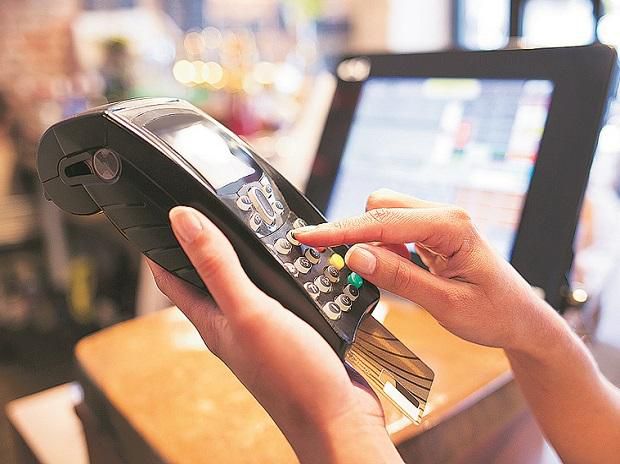
These rates are based on some components as mentioned below.
- Interchange fees: These fees are often decided by the interest rate, sometimes by the moving money costs. They are certainly not static. Take Mastercard for example, the interchange fees are updated twice every year, and in case you use different types of cards, the fees are different as well. Moreover, other factors that affect the fees are business size, transaction type, etc.
- Markup fees: these fees are important if you like to get to know more about how credit card processing works. Normally, the payment processor will charge you this fee in order to cover their process.
- Assessment fees: These fees are paid to the credit card networks with different rates depending on whether your customers use Visa or Mastercard to pay the purchase.
Credit card processing technology
Technology is one of the main elements to decide your business success, so it is worth your investment when it comes to payment technology.
Mobile payment solutions
It is clear that more people use smartphones nowadays, so it will be more convenient for your customers to make their payment with only some taps on the phone. The mobile payment technology will support your business and no doubt that it is a game-changer for business.
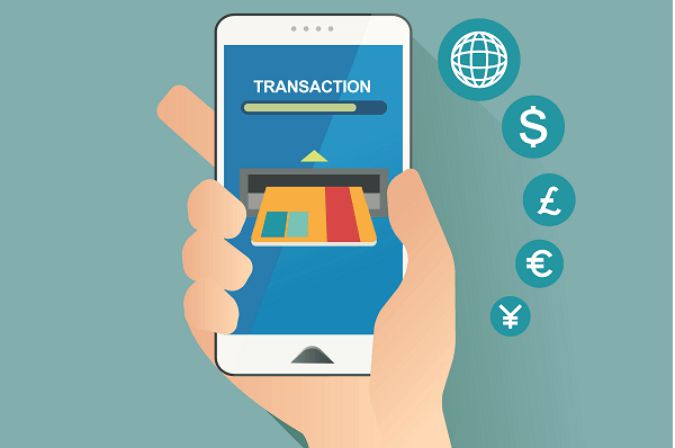
API
You can find many merchant services providers around the world which provide API technology. This function is mainly used to integrate proprietary applications. Besides, it supports the credit card processing solution for further customization.
Security
This technology surely needs your investment because during the time using payment gateways or to make a transaction, your customers have to fill in a lot of information about themselves and their credit cards. Your company can gain trust from customers by building a strong security foundation. When you consistently stay compliant and secure with all the standards of the industry, your customers can immediately build your brand trust.
The Credit Card Processing Industry: regulation
One thing that you need to put in your consideration when learning to know how credit card processing works is the regulation. Like other industries, considering the regulation will ensure the fairness and benefits of all the participants.
The Card Association Network is regarded as the main regulator with 4 specific companies, including American Express, MasterCard, Visa, and Discover. This association will have the right to create the interchange rate and release it 2 times each year, typically in April and October.

Payment Card Industry Data Security Standard is another regulator. It was also the result of 4 major credit card brands with the main objectives to prevent fraud and create standards. Any company conducting business with these 4 brands will also have to comply with the regulations.
Moreover, the government also plays an important role in creating regulations in this industry, the Durbin Amendment is one clear example.
Conclusion
Credit card processing becomes more popular when there is the advent of the Internet and online shopping. Obviously, it supports the business process effectively and helps merchants with more benefits. Getting to know how credit card processing works will help you gain more insight into this industry. In case you are eager to learn and search for more information about the roles of credit card processing in the business, this article is for you. You can certainly learn from the very basic definition to getting some of our recommendations about the technology.
For those who are planning on using a credit card processor, feel free to visit our store. Magenest is a company that is built mainly to support eCommerce with many Magento 2 extensions. Let’s have a look and choose suitable options for every stage of your business.



